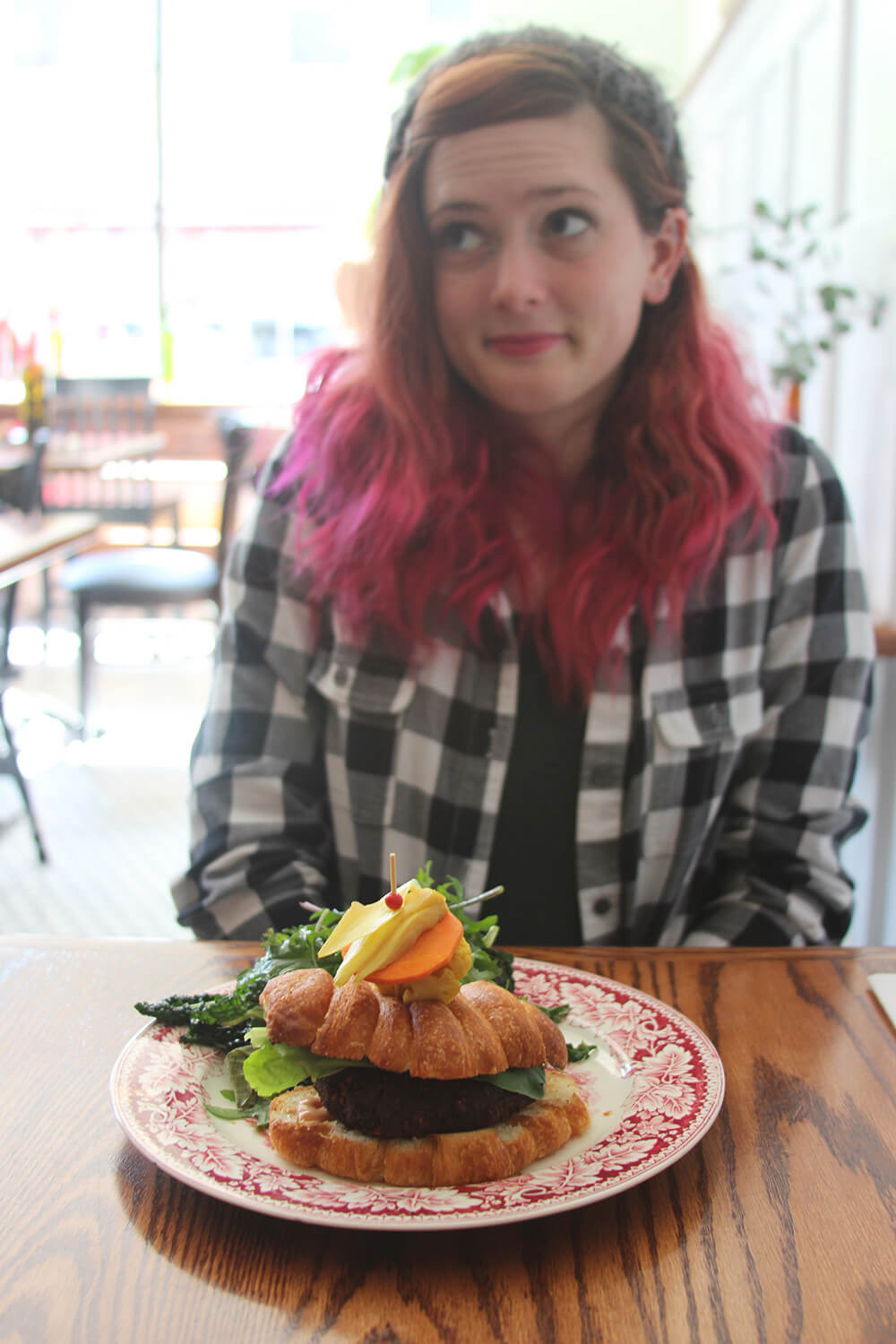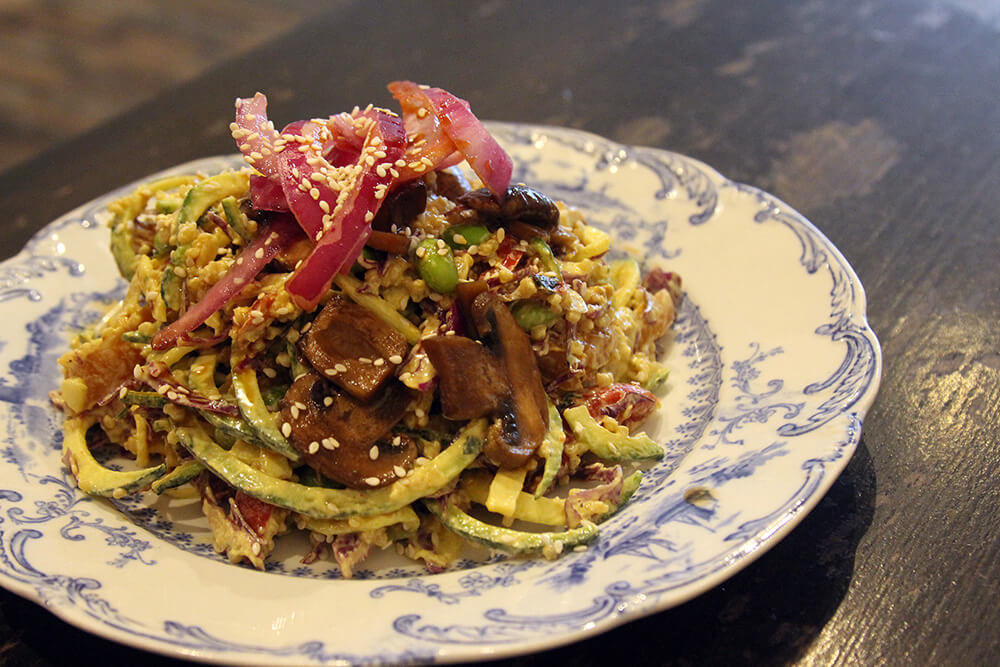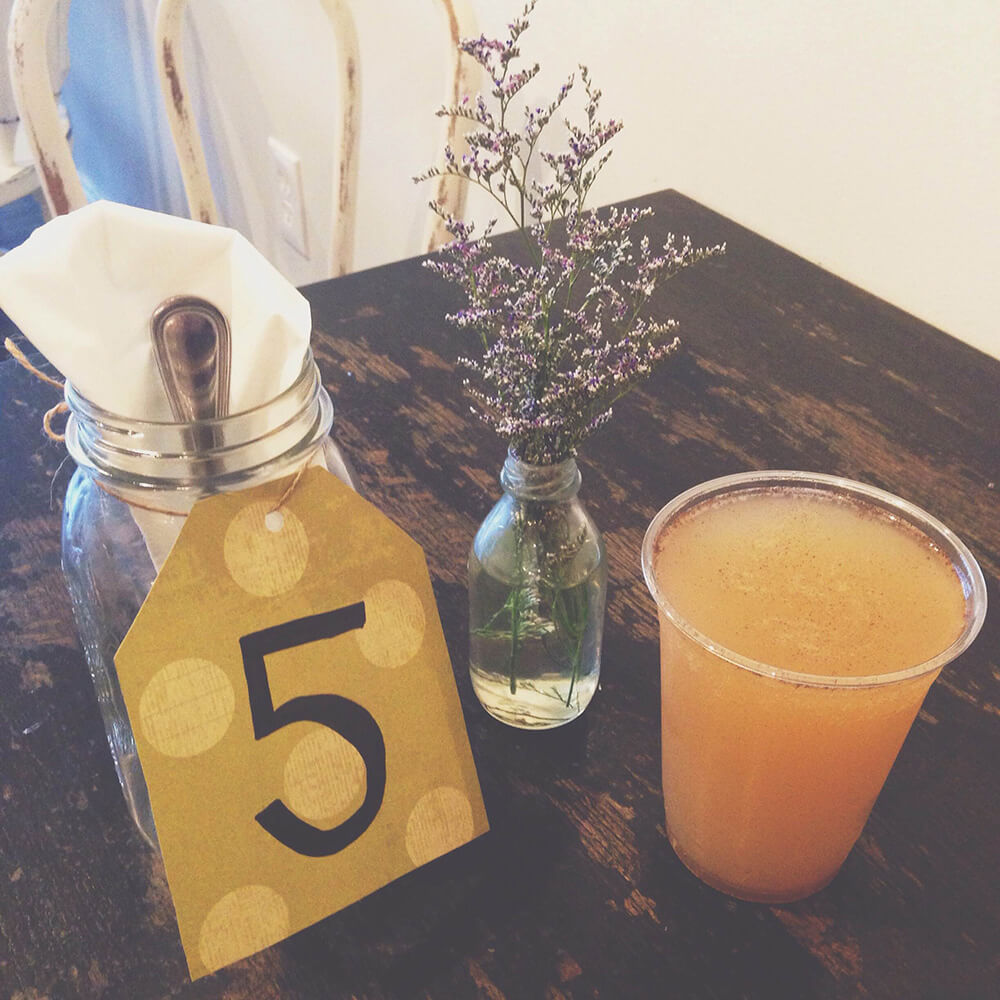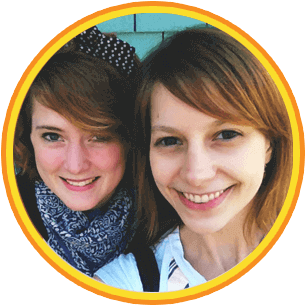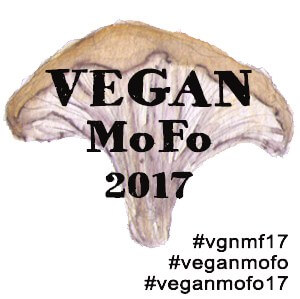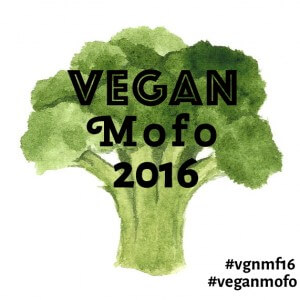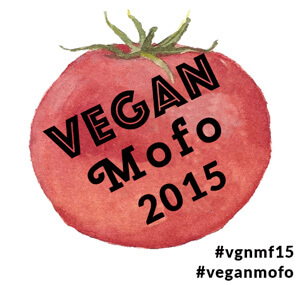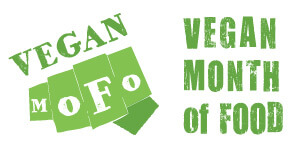July 12, 2016
One of the first concerns I had when going pregnant is how my veganism would fit into it. I’ve heard of many healthy pregnancies with vegan women, or various advice for families that are vegans. But when saying telling family that I was pregnant most asked if the whole vegan thing was healthy or not. So I did some research and tried to find some books to help. Answer? Pretty much I had nothing to worry about.
What to Expect: Eating Well When You’re Expecting
Written by Heidi Murkoff
This was a book I found at my local library book sale. For a buck, why the hell not? I clearly knew it wouldn’t be vegan but I figured I could apply the information towards a vegan diet. The book was longer than it really needed to be, and it seemed like there was a lot of repeat information. Don’t eat too much, but more importantly don’t eat too little. The author stresses the role of calcium, which is important but she recommends a dairy overload. I was a little pissed by all her dairy suggestions (aside from my personal opinion that dairy is more cruel than meat) is that she completely ignores the fact that most plant based milks contains just as much calcium as cows milk, many contain more. In her defense that wasn’t the case 10 years ago (which I specifically remember.)
What I found more confusing was her system of tracking nutrition. She stressed the following nutrients: calcium, protein, iron, betacarotene, vitamin d, vitamin b12, and vitamin-c. So to keep track she suggests tracking the servings of food for several different categories: 3 protein, 4 calcium, 3 vitamin c, 3-4 green leafy and yellow fruits/vegetables, 1-2 other vegetables, 6+ whole grains and legumes, iron rich foods (no specified servings), 4 fat/high fat foods. Confused already? I get what the author is doing, dividing fruits and veggies up by how nutritionally dense they are. Plus many of these servings will overlap, for example 1 cup cooked collard greens falls under green leafy veggies, vitamin c, and calcium. Many of the whole grains and legumes also count as half a protein serving. The book gives examples or serving sizes for qualifying foods but since the vegan foods tend to overlap it is kind-of hard to keep track of it all. I personally find it easier to just track the calories on Cronometer, but I know that isn’t always a possibility for people.
Then there are other tips, like how to eat healthy in unhealthy situations, which many vegans already know since they have to know how to eat in non-vegan situations. There is a chapter of foods to avoid, which again mostly doesn’t involve vegans since 90% of the off limit foods are cheese and meats of some sort.
So what are the good parts of the book? Well it was very reassuring to see that healthy eating when pregnant is pretty much the same as eating healthy in general. Yes there are some larger requirements such as iron and calcium. The book also goes over information about eating after giving birth, giving really interesting information about breastfeeding. I was surprised to find out that you need more calories to breastfeed than when you are pregnant!
This is a book I have no plans to keep. It is going to be donated right back to the library. It isn’t totally useless. The book does some reassuring that a vegan/vegetarian diet is obtainable, which is good. But I don’t like how it recommends 3 servings of protein when most of the whole grains are half a serving, so in theory getting 6 whole grain servings would fill the 3 protein serving requirements. Okay it doesn’t work out perfectly that way but I get a little annoyed when the author stresses that we get too much protein in our diet, then puts it down as a requirement in her book. Most people are probably not going to count the whole grains as half a serving and cut down on the meat.

The Everything Vegan Pregnancy Book
Written by Reed Mangels
Type in vegan and pregnancy in Amazon and this book pops up. I checked my library and they carried it, so naturally I checked it out. Sadly it was largely not helpful for me, a vegan who is pretty well educated in diet. The book largely focuses on diet breaking down most of the chapters by important vitamin, minerals, and macros that pregnant women should focus on, which are things most vegans learn about- protein, calcium, vitamin D, vitamin B12, and iron. The only new information is pretty much zinc and iodine, which most vegans don’t think twice about.
Otherwise the author goes through the basics about pregnancy, but doesn’t go into the specifics of how it relates to pregnancy. In fact she doesn’t explain many things. There is a birth plan checklist in the back, and some questions are left unexplained. Do hospitals make you get enemas? What are they shaving?! I am still not really sure if these are optional “hippie-dippie” options or just something all hospitals do. I am going with optional since I haven’t read them ANYWHERE on ANY blog or book, and I’ve read people talking about pooping, puking, and peeing during childbirth/post birth. ¯\_(ツ)_/¯
That being said this book isn’t garbage. I think it is great for anyone who is looking to go vegan in the middle of pregnancy, or just started to make the transition before conceiving. It will be reassuring to parents that you read the book and your child won’t be iron deficient. As for a veteran vegan, there is no information about what types of treatments or drugs that aren’t vegan, which was what I was really hoping for.
There are some recipes in the back, which again is great for brand new vegans. The recipes are really simple and pretty tasty, but nothing amazing. I think I really liked her recipe for baked beans, but sadly involve a lot of baking (hello hot hot summer.) She also had an interesting recipe for cereal bars, which had a little more sugar than I would like, but that is a different complaint for a different day. Glad I didn’t have to buy this book and was able to just get it from the library.
Vegan Pregnancy Survival Guide
Written by Sayward Rebhal
This is my dream book. Google vegan and pregnancy, this is the second book to come up on Amazon. I read the reviews and hesitated to buy it, it didn’t seem to have lots of information. This was very wrong of me. Yes, the book is very short, and very small (physically, it easily fits in a purse.) Sayward is treating you like an adult who probably picked up a few other books about baby making. She touches nutrition very lightly, which I like personally since as my review of What to Expect says, your diet when pregnant is pretty much the same before hand.
Sayward hits the main vegan questions- what drugs can I take to deal with some of the pregnancy side effects? Oh she is listing BRANDS! Thank god! No joke, I read her blurb about heartburn, and saw her comment on tums, left the house, bought a container. She touches the topics of what treatments are vegan, and gives tips that she and other vegan parents had done. She talks about pregnancy, birthing, breastfeeding, and raising children.
Downfalls? Well, the book isn’t very long, which is both nice and flawed. Yes, it made it an easy book to tell my husband to read through for any question family members might have. But I would recommend taking this book with another more clinical/thorough pregnancy book like What to Expect When Expecting. And since the book is so small it can easily get outdated. Those name brand vegan drugs could add non-vegan ingredients to them. And I know one bit of outdated information was on vitamin D. Since the book was written before the discovery of vitamin D3 that can be synthesized in a vegan form with lichen, Sayward says that all D3 isn’t vegan, and says the brand Garden of Life prenatal vitamins aren’t vegan. Since the book is so short, I doubt it will be updated with this new information.
Posted by Jennifer in Book Review, Reviews Tags: book review, Heidi Murkoff, pregnancy, Reed Mangels, Sayward Rebhal, The Everything Vegan Pregnancy Book, vegan, Vegan Pregnancy Survival Guide, What to Expect: Eating Well When You're Expecting

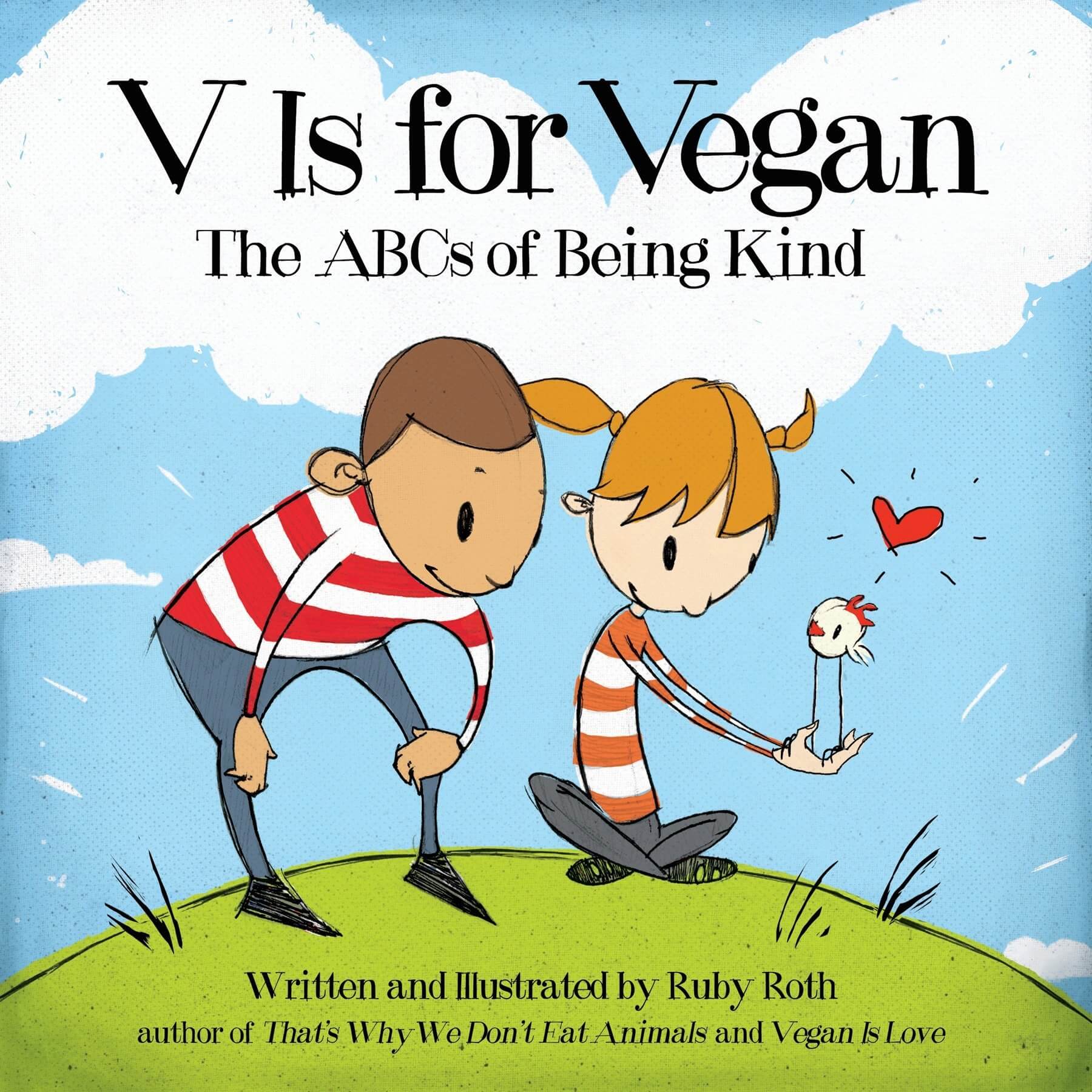
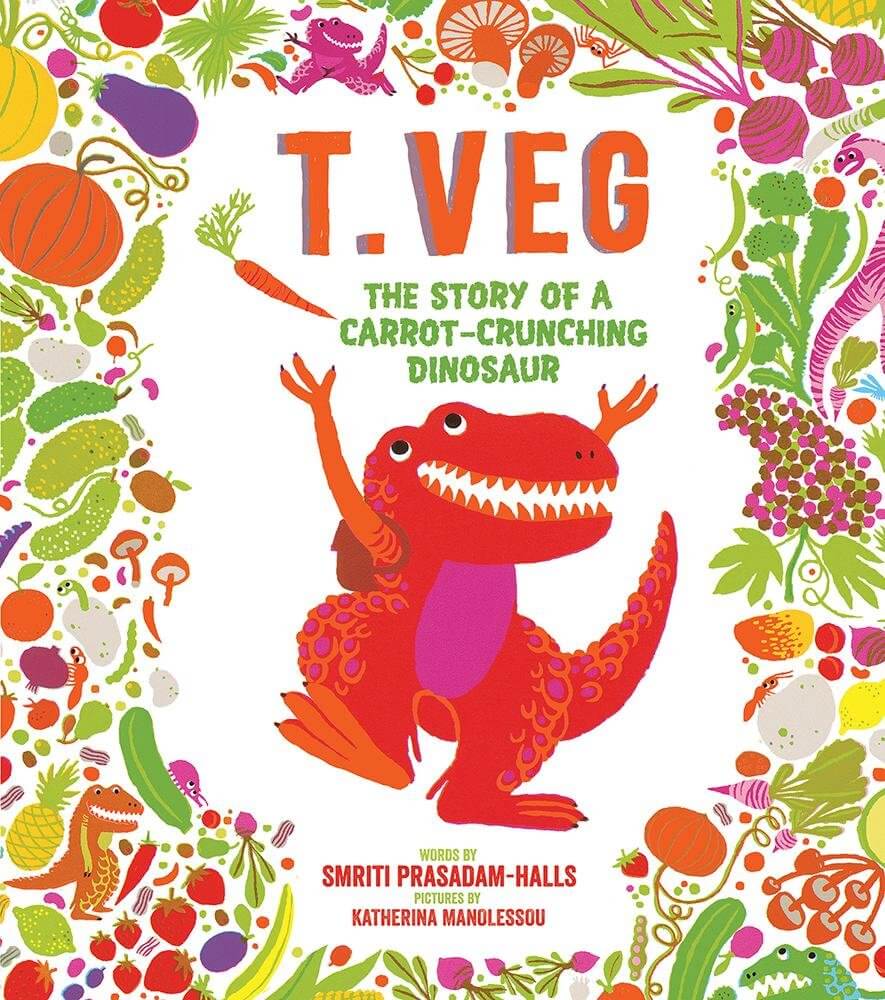
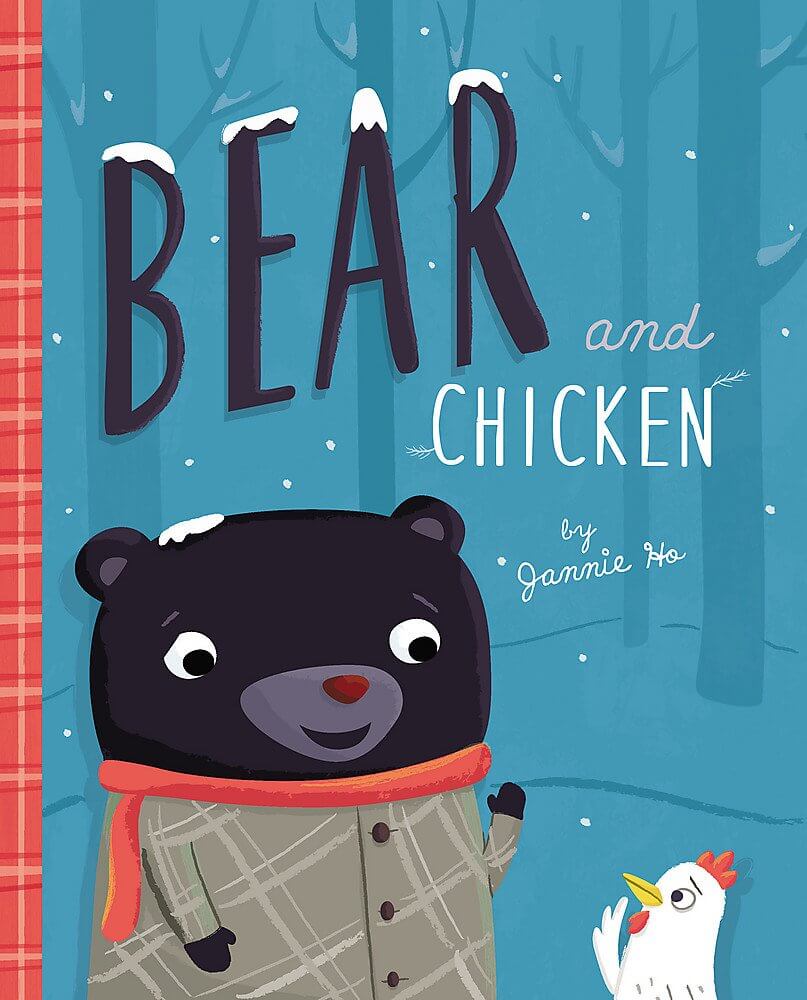

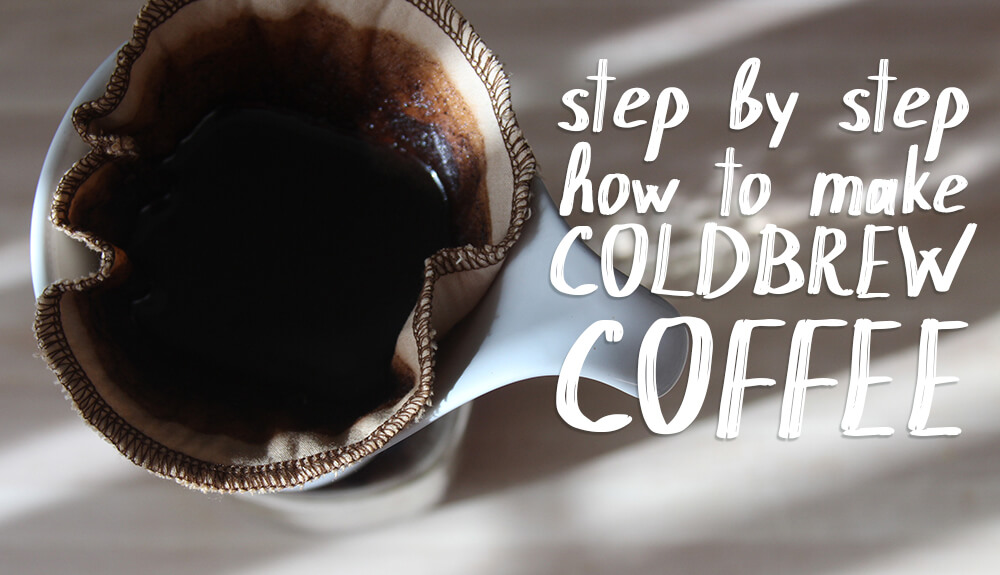
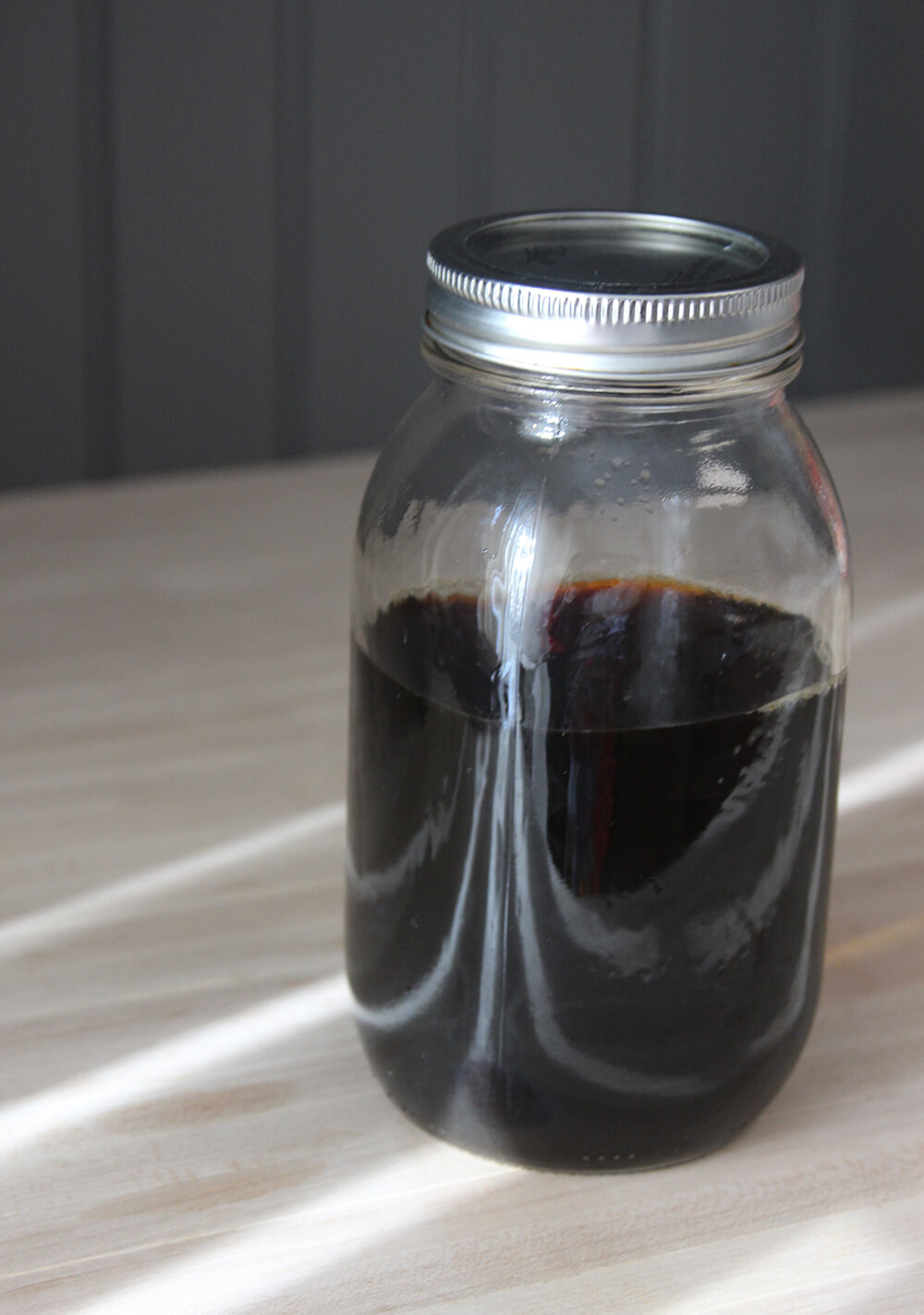
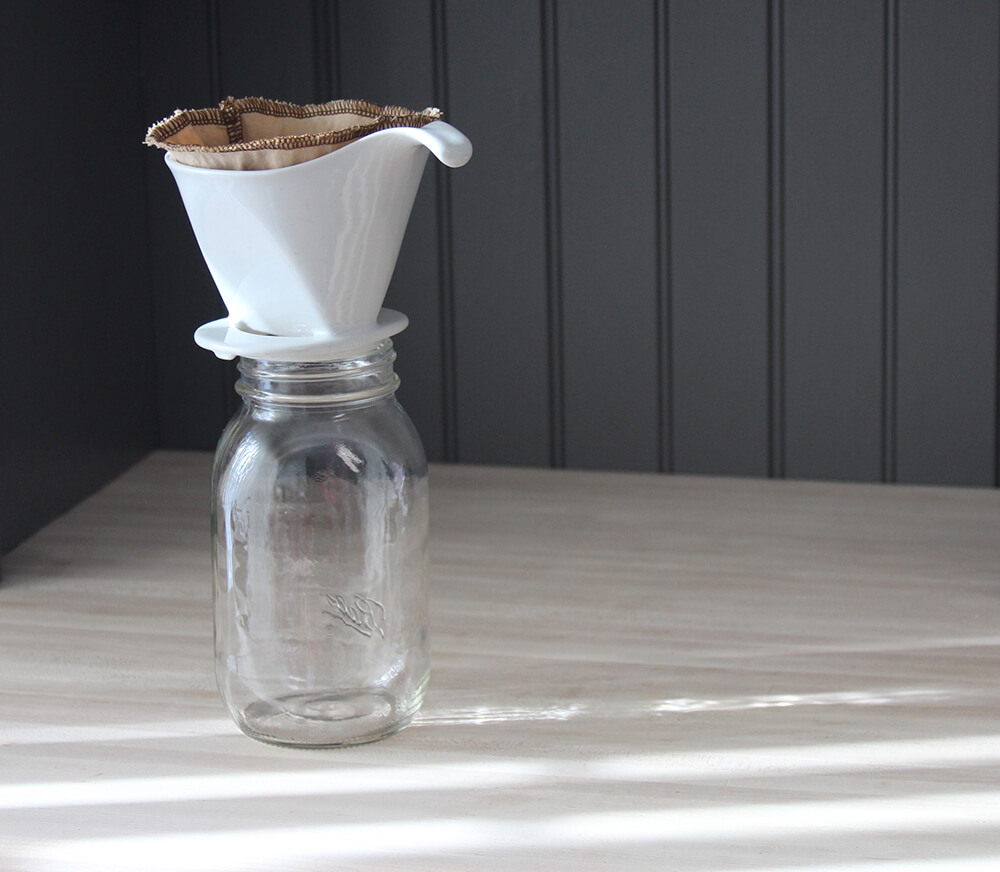
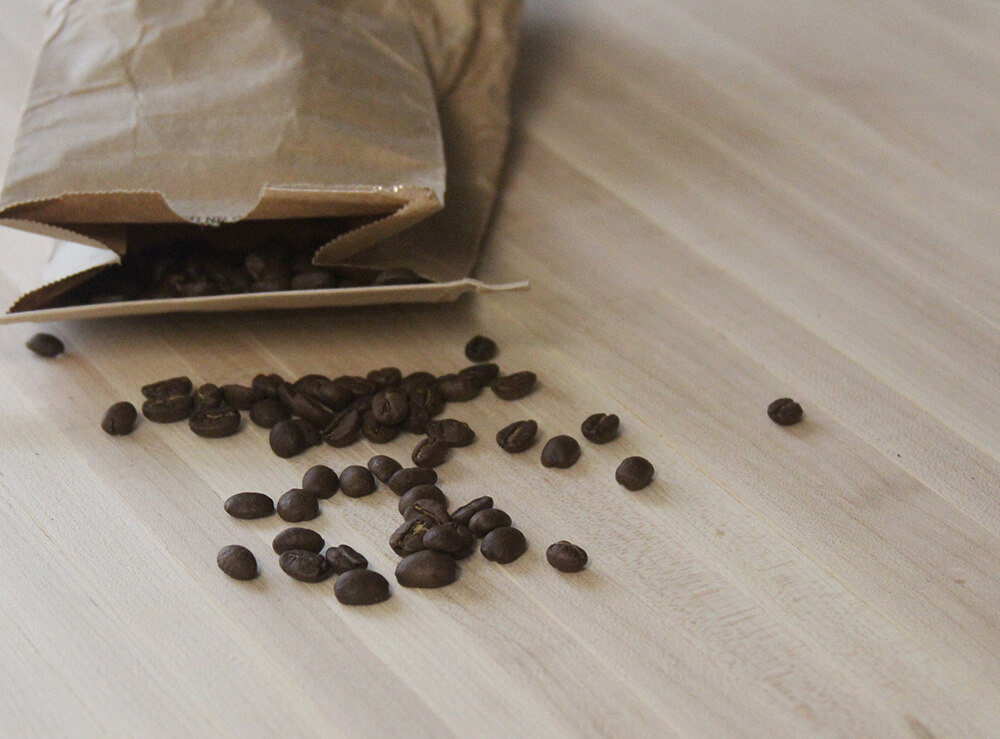
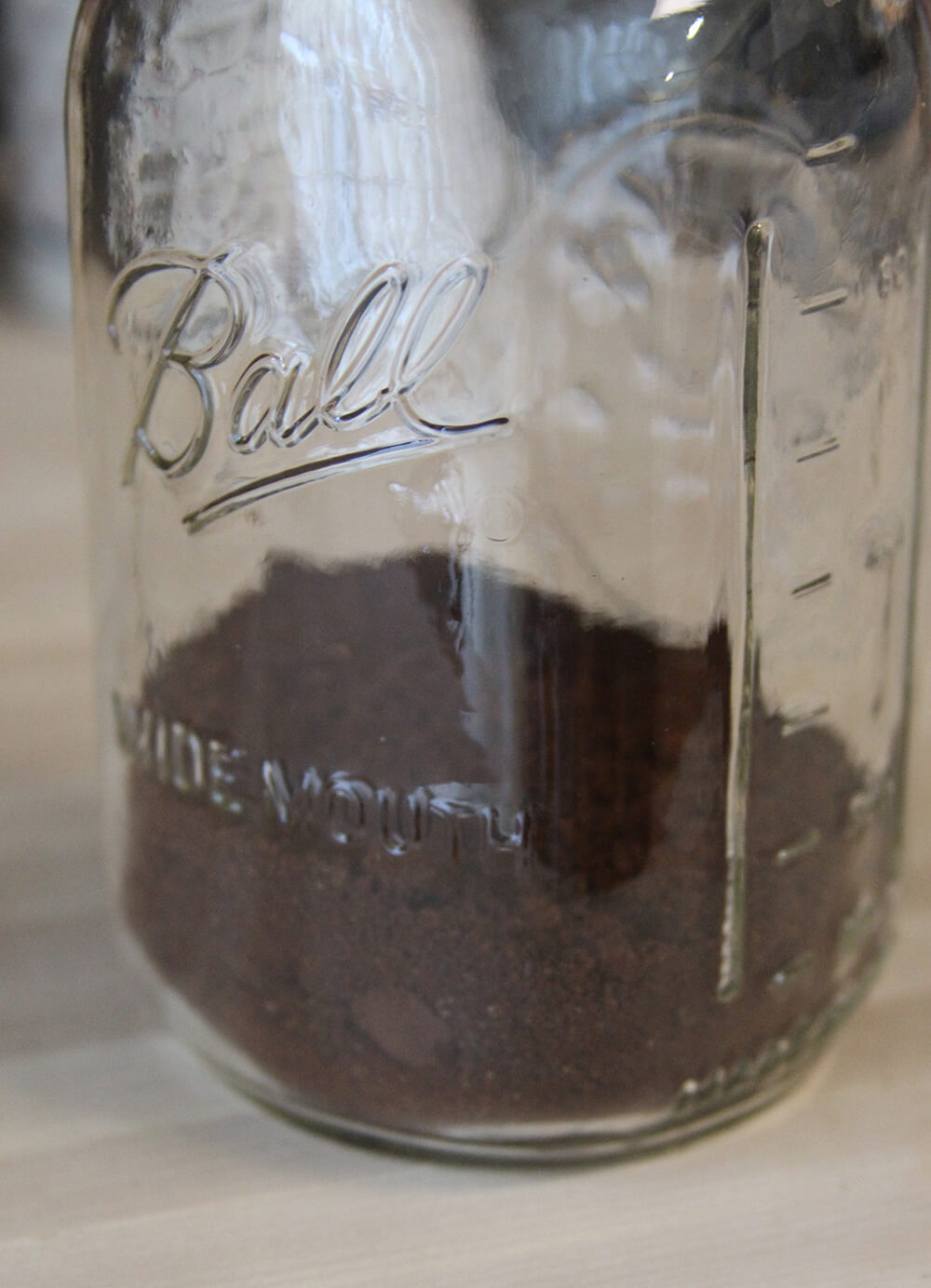
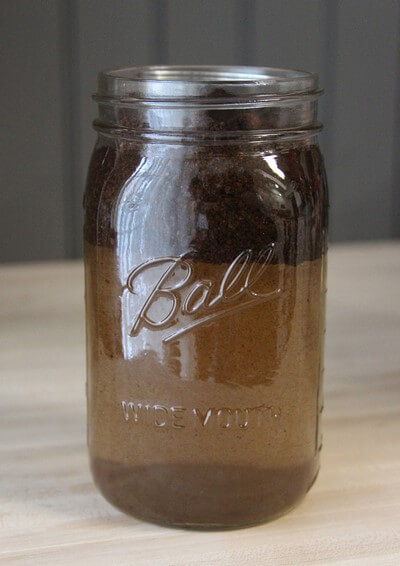
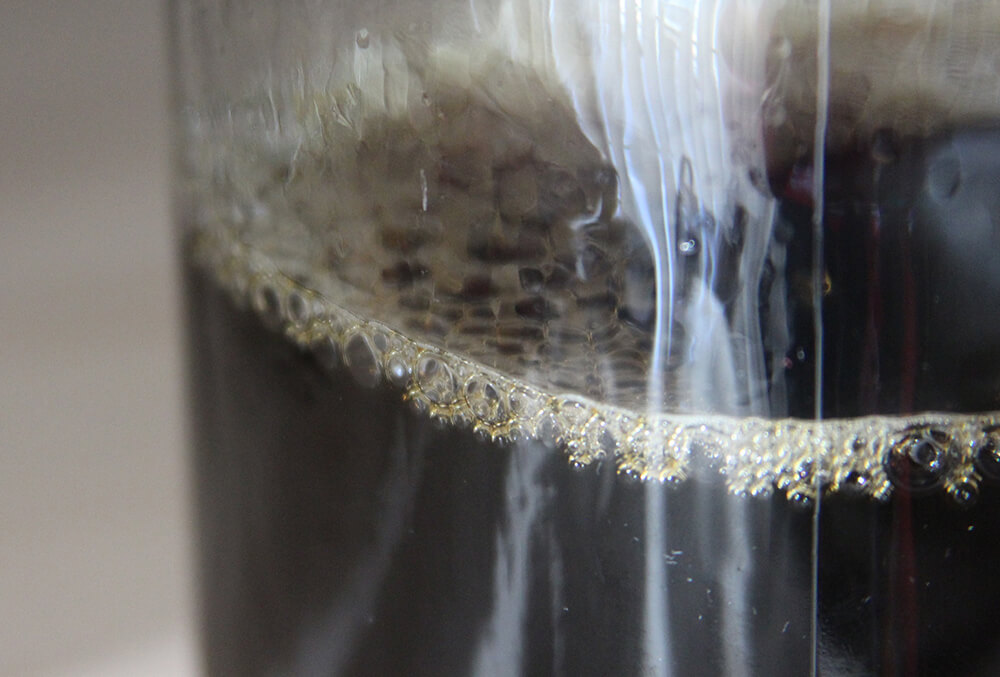
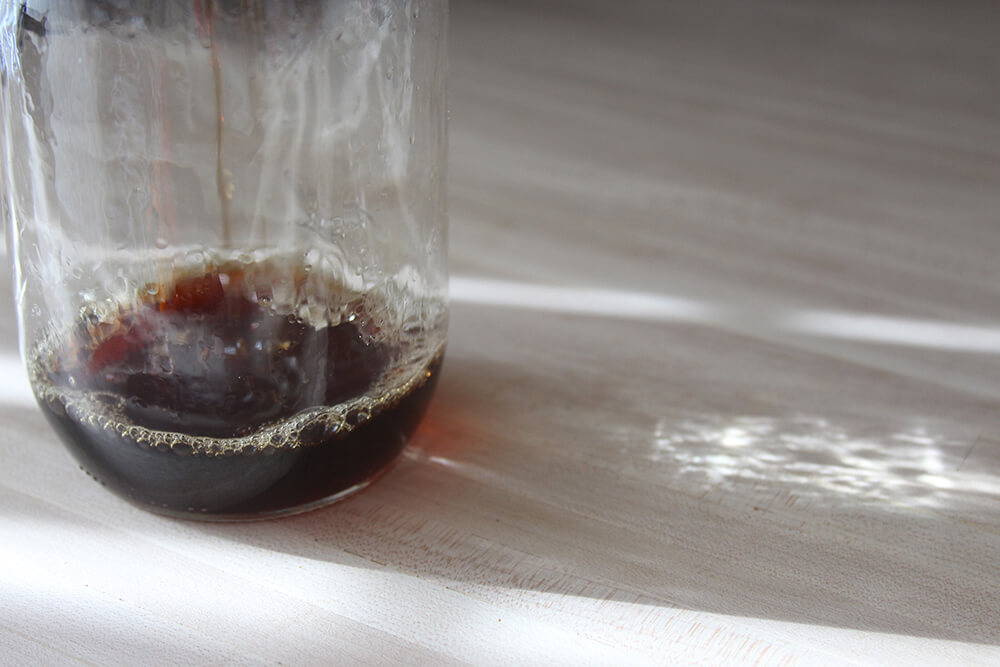

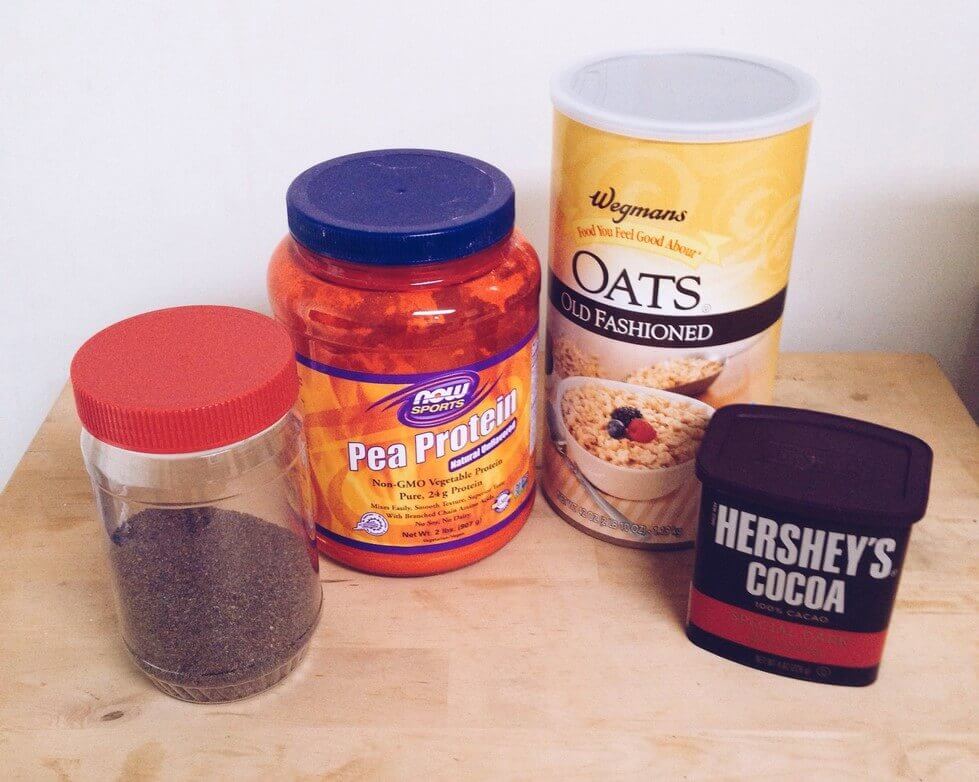
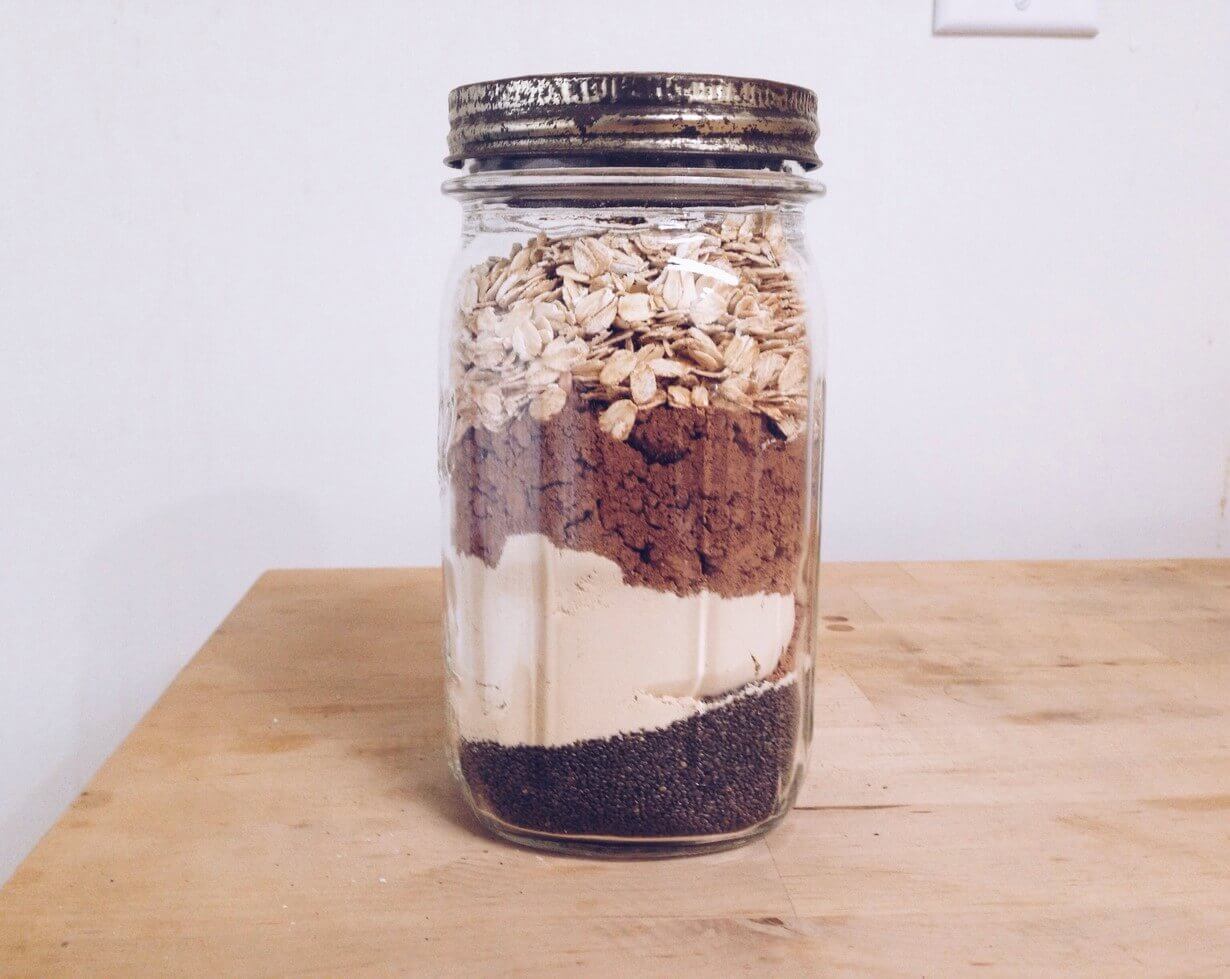
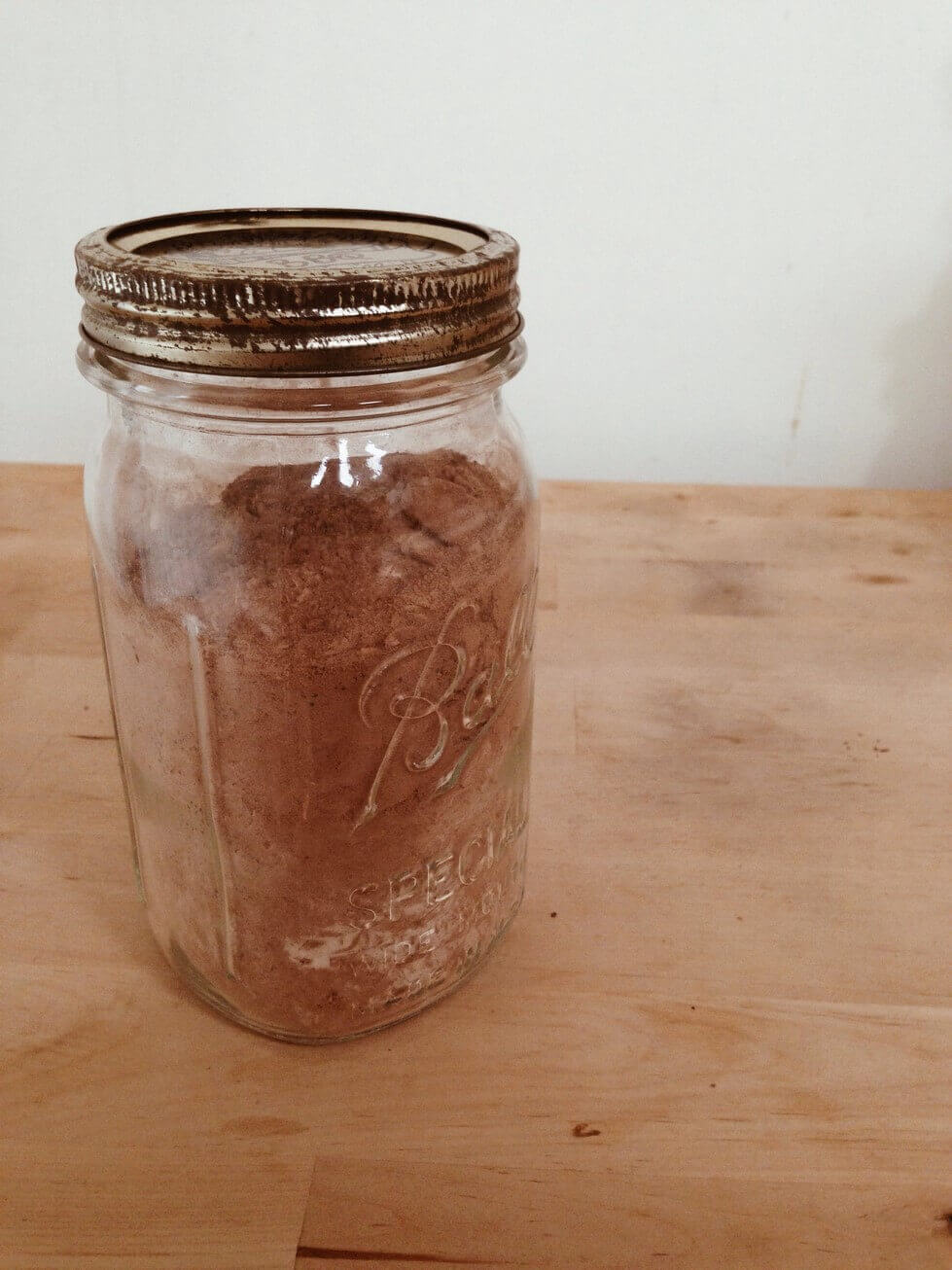

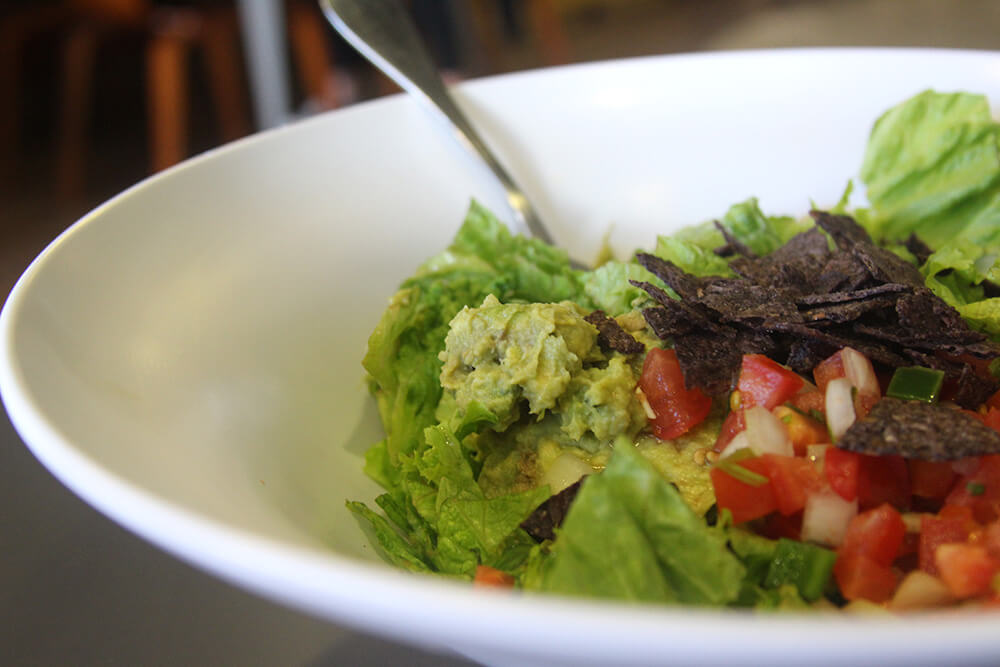
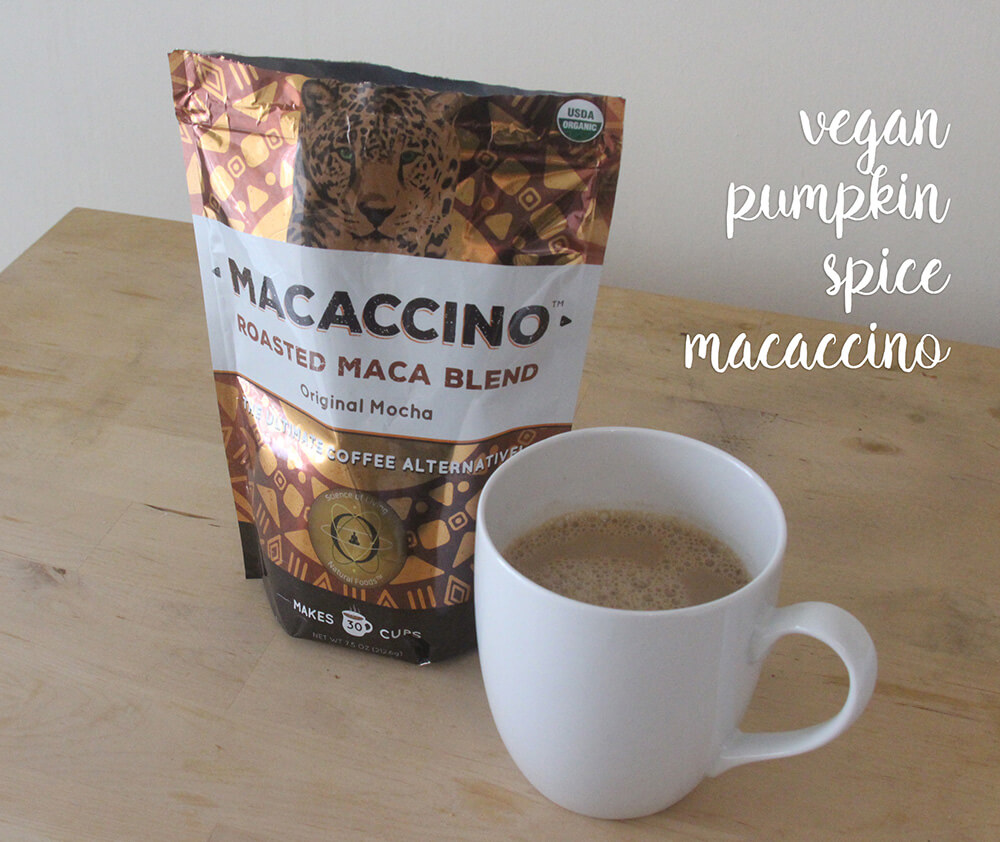
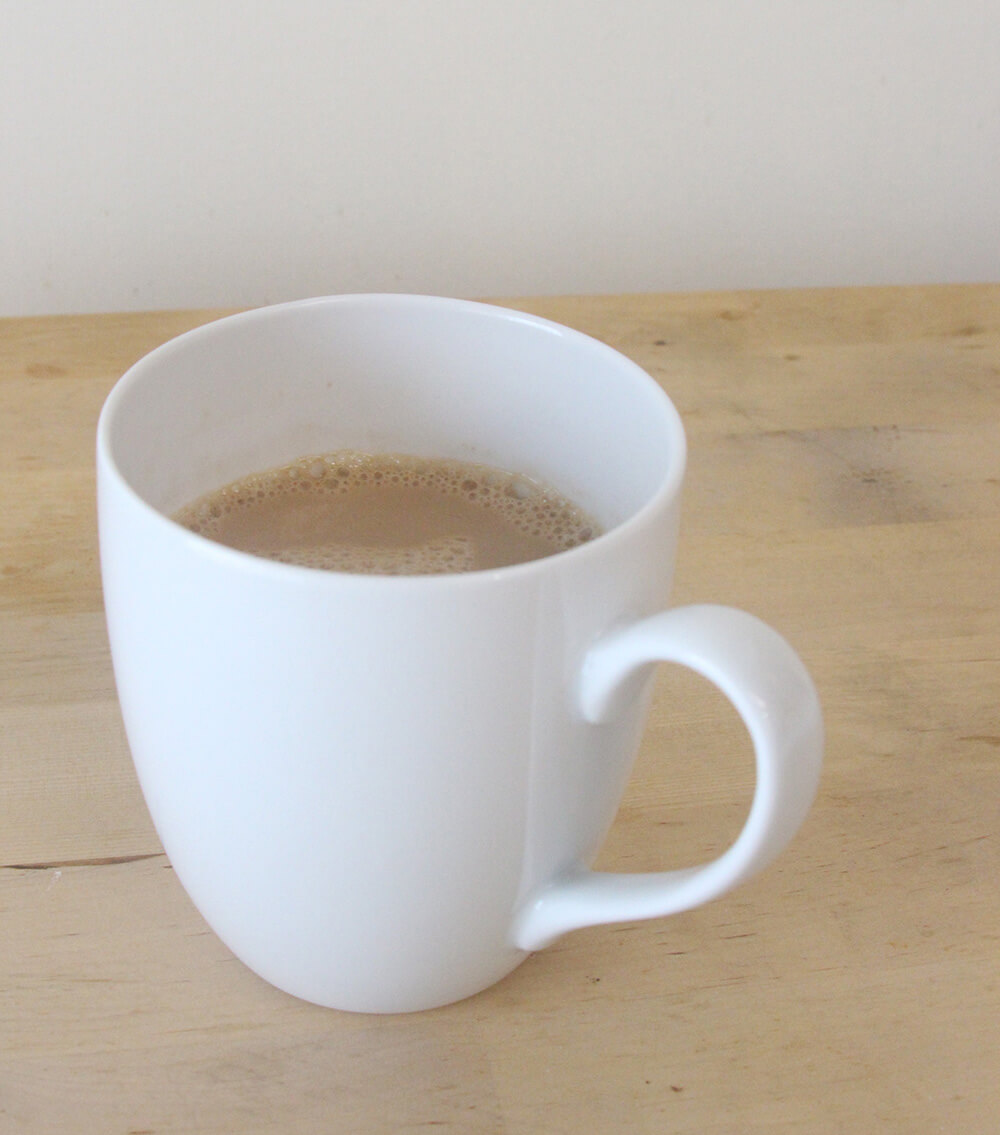
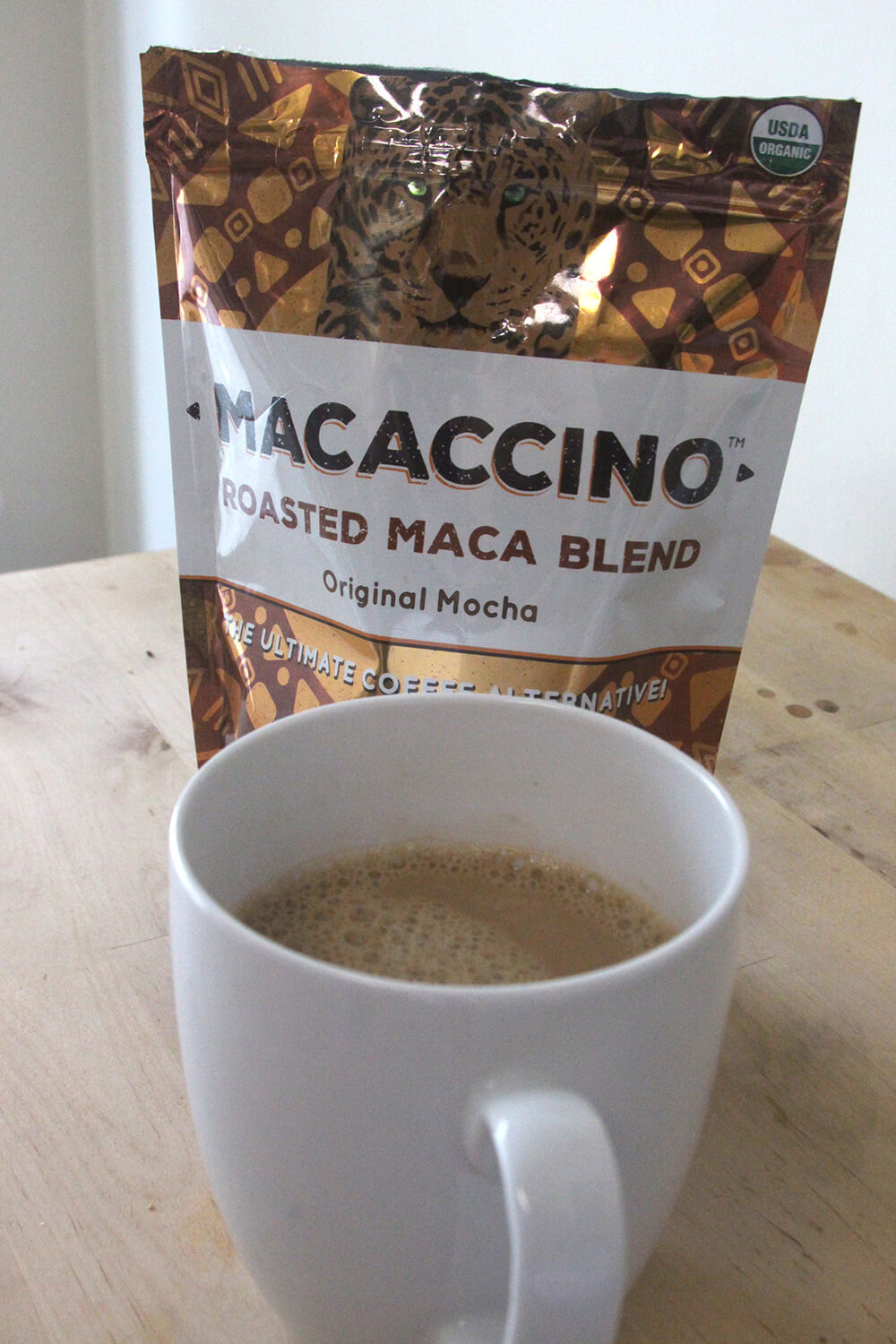
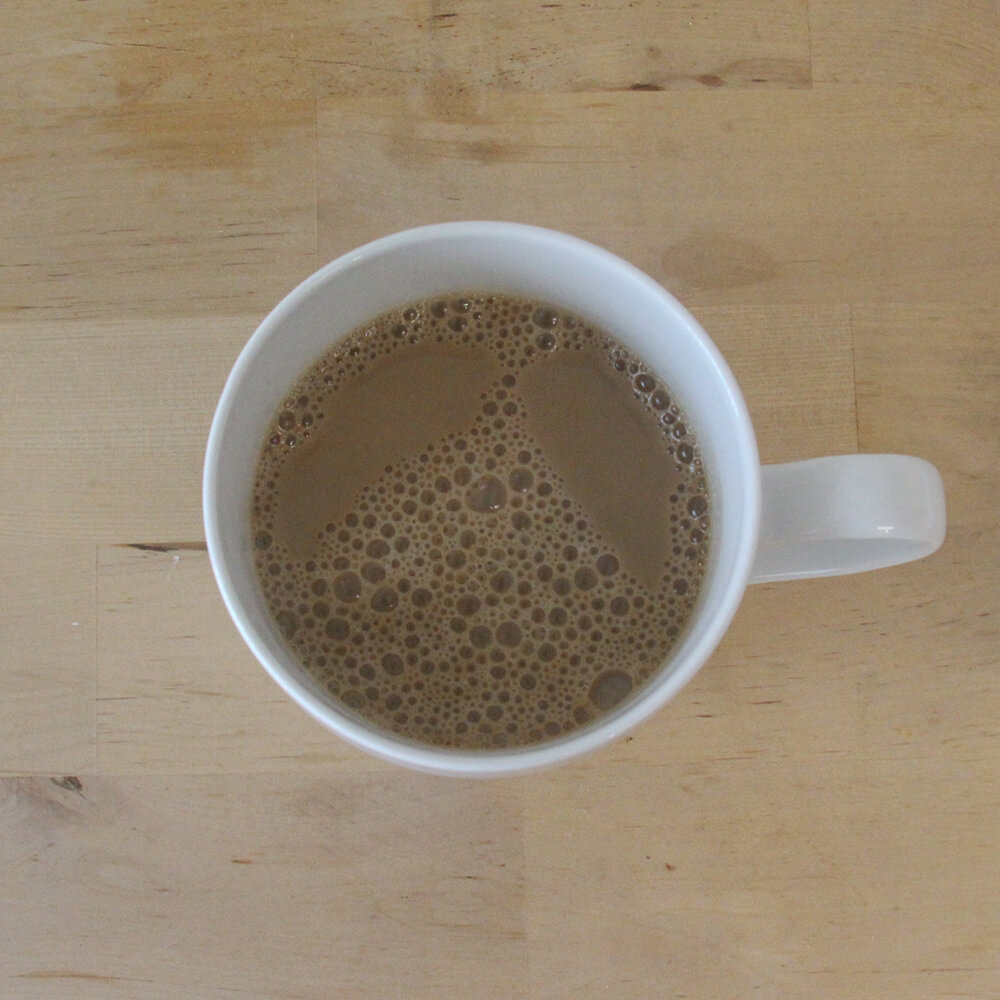
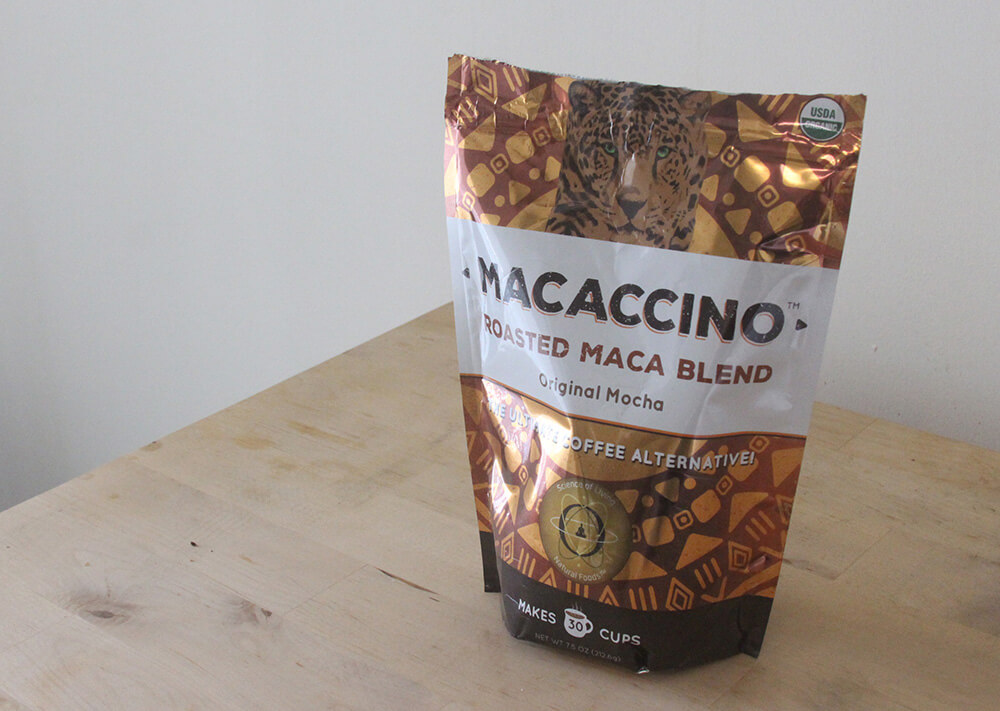
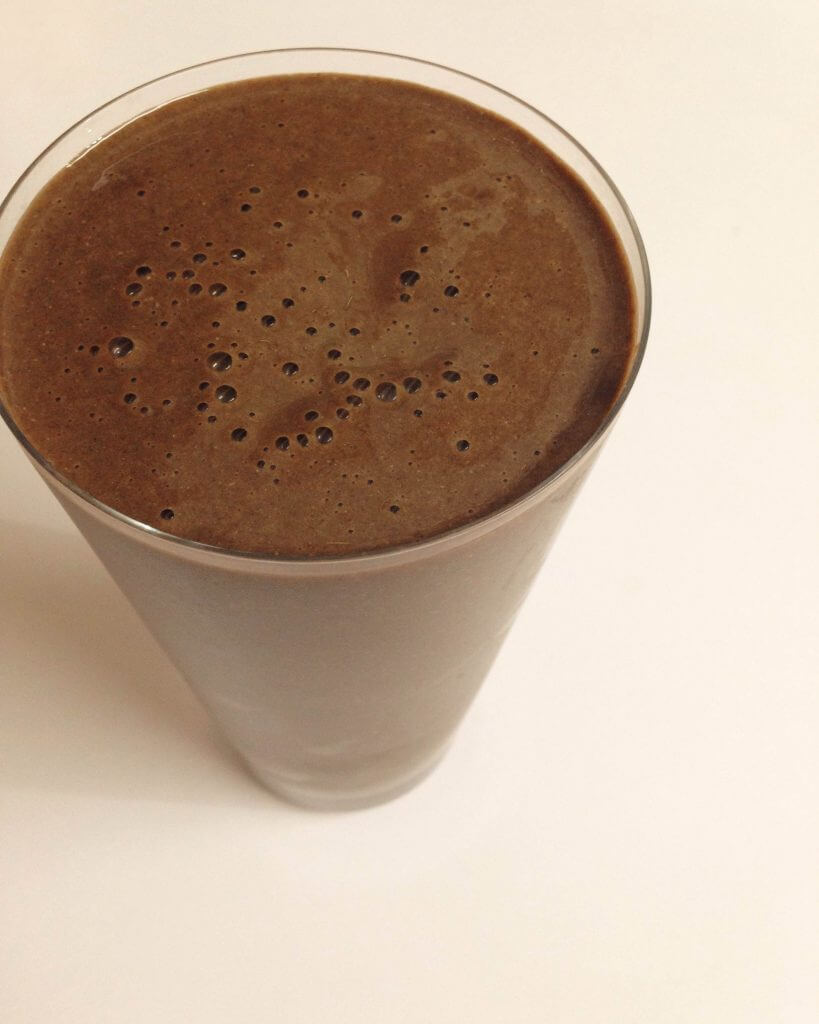
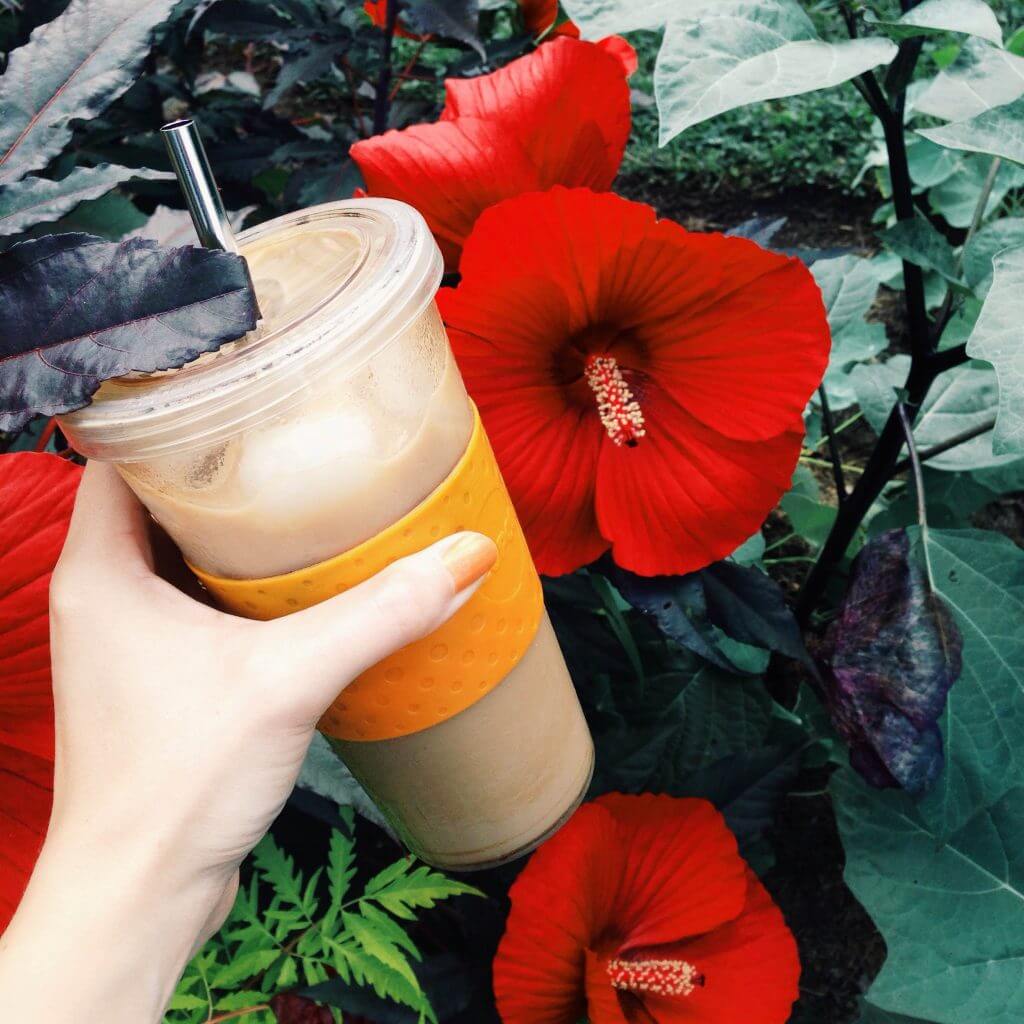
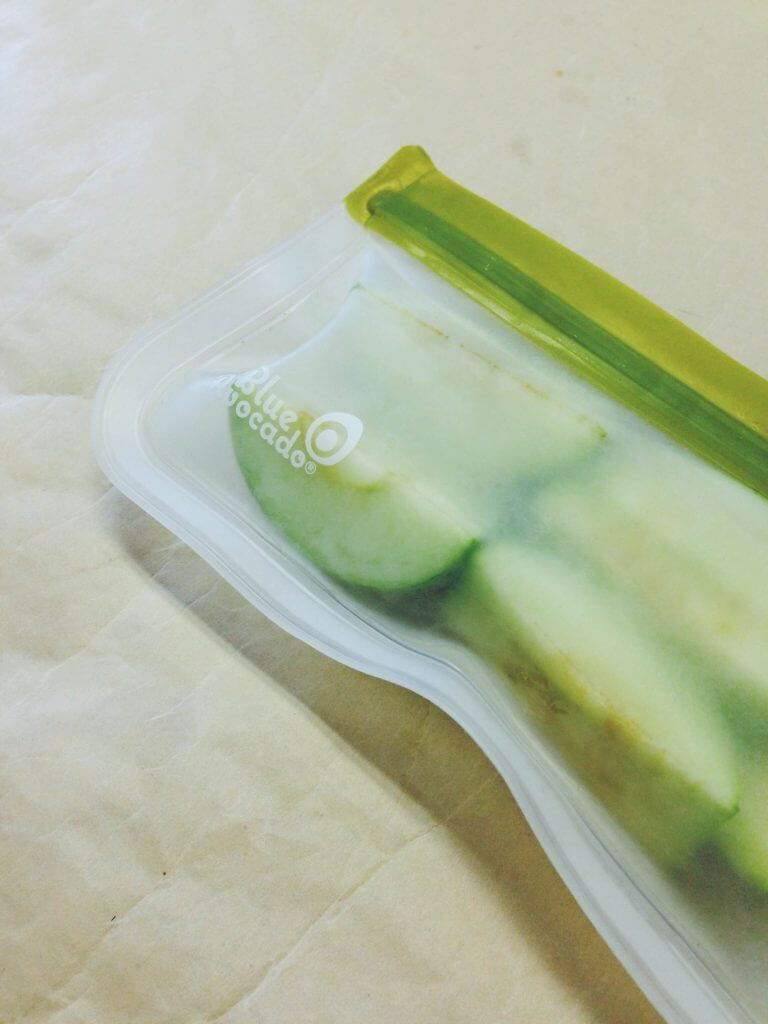

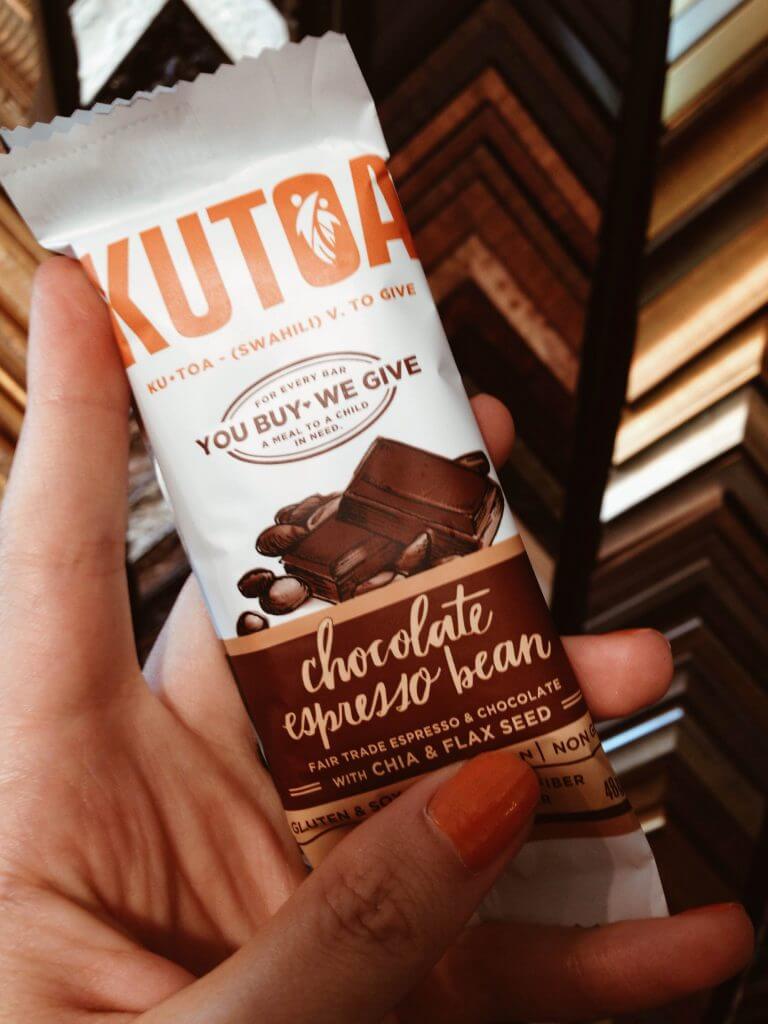
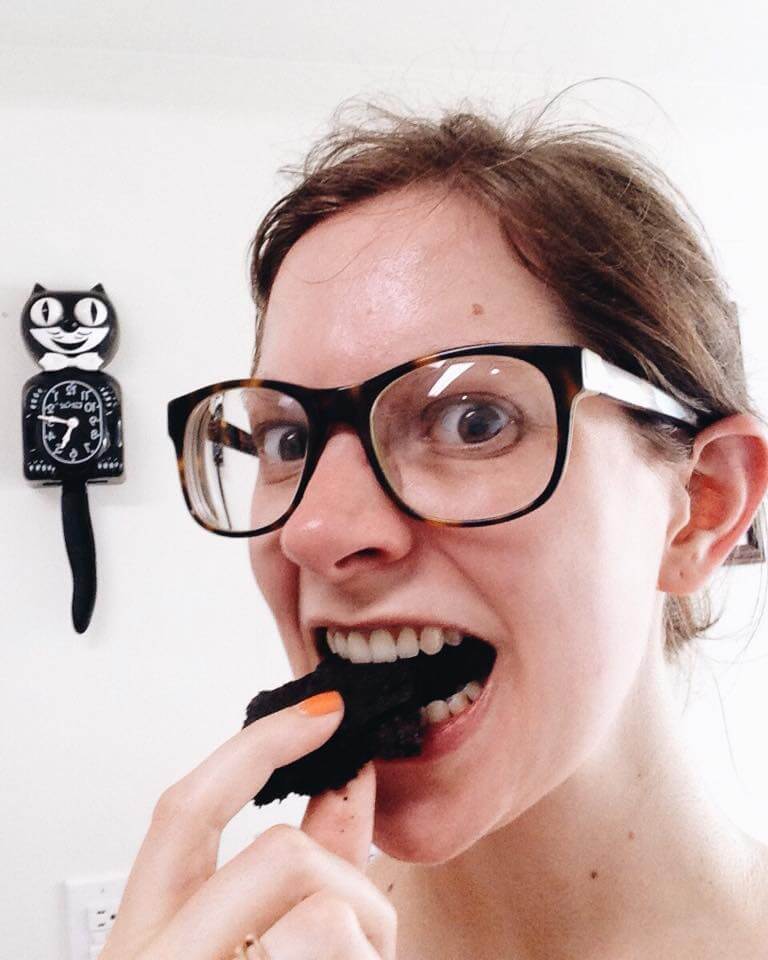
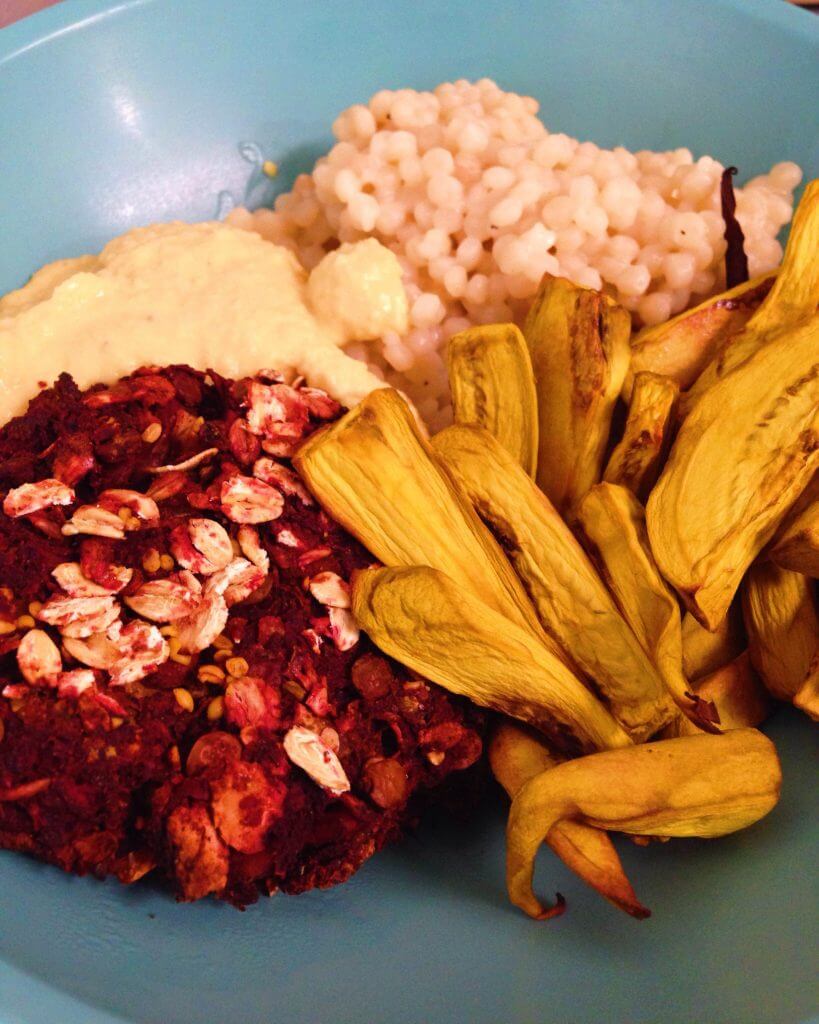
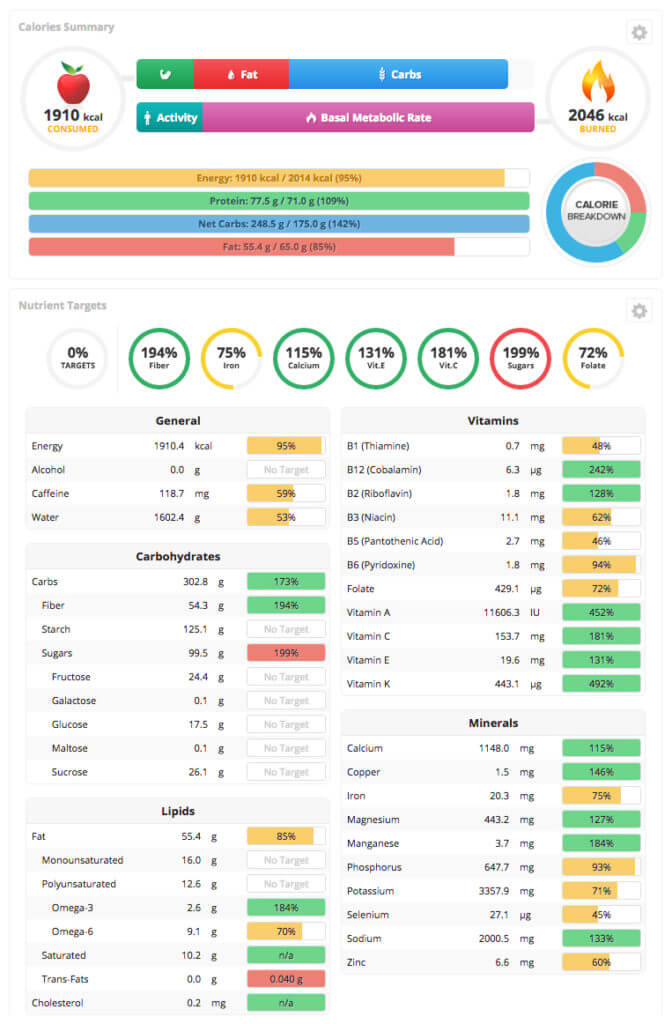


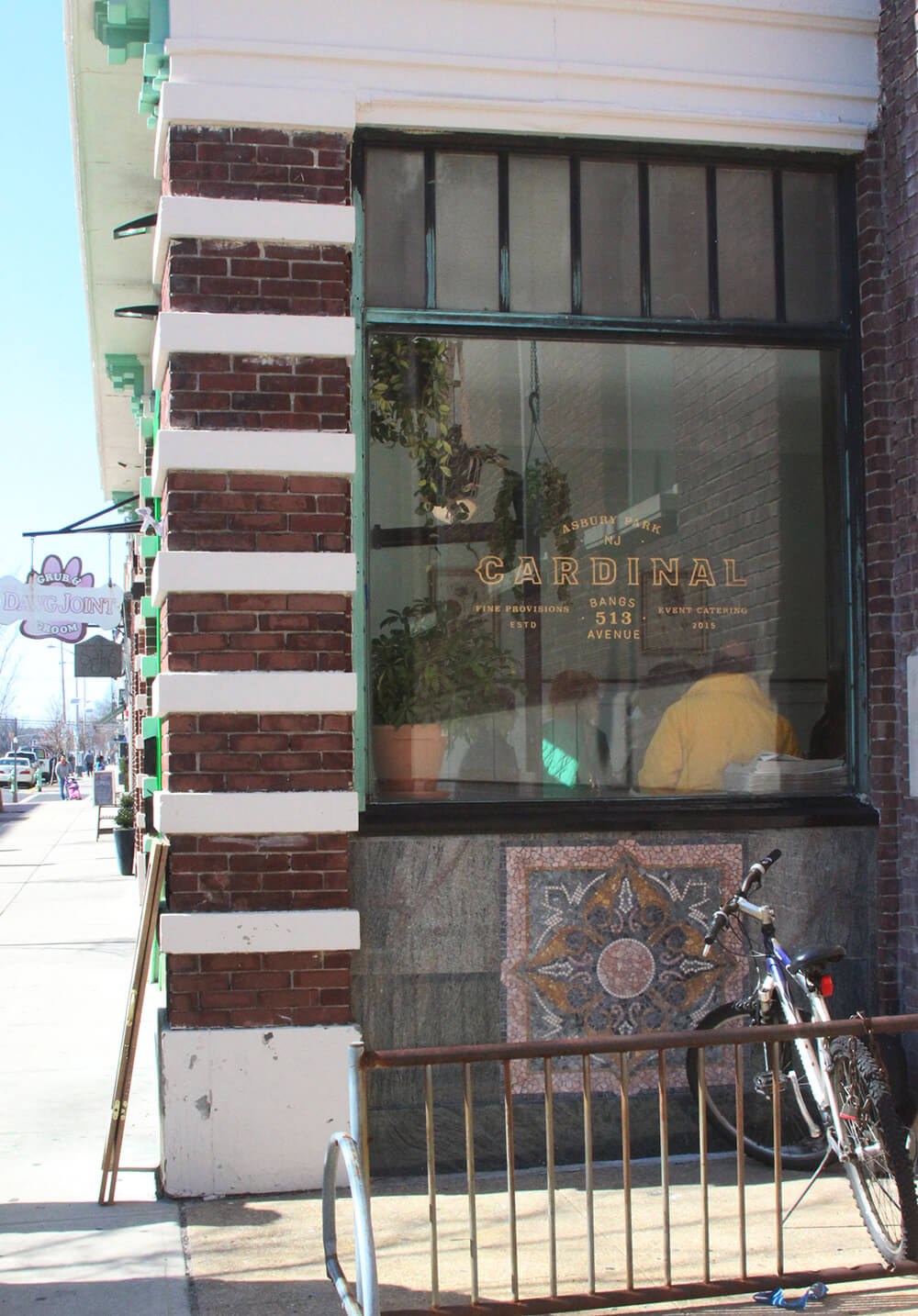
 Alexa’s note: Visiting Cardinal with Jen wasn’t the first time I had been there. I had actually gone on Valentine’s day with Mr. Ian, and on that day I had one of THE BEST waffles I have ever had. It’s definitely on my list of Top 5…because apparently I have that sort of list now. I believe it was a special for that weekend, but hopefully it will pop up again. The waffle was covered in caramelized bananas and thin mint crumbs.
Alexa’s note: Visiting Cardinal with Jen wasn’t the first time I had been there. I had actually gone on Valentine’s day with Mr. Ian, and on that day I had one of THE BEST waffles I have ever had. It’s definitely on my list of Top 5…because apparently I have that sort of list now. I believe it was a special for that weekend, but hopefully it will pop up again. The waffle was covered in caramelized bananas and thin mint crumbs. 